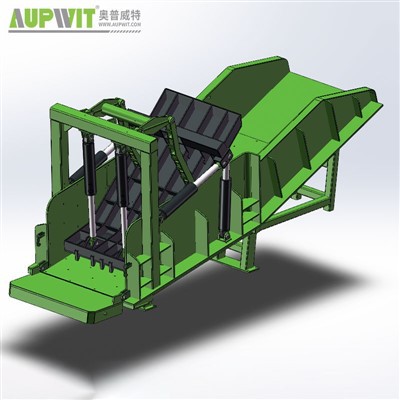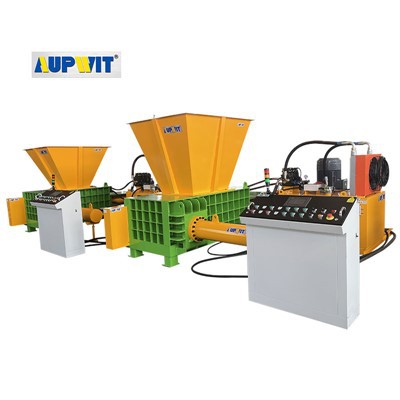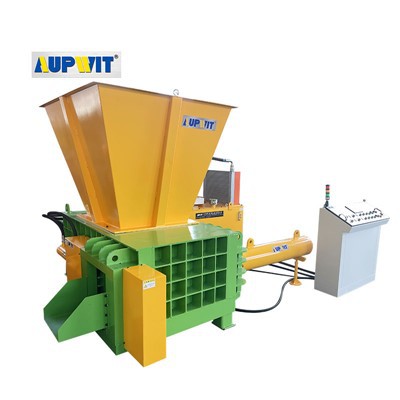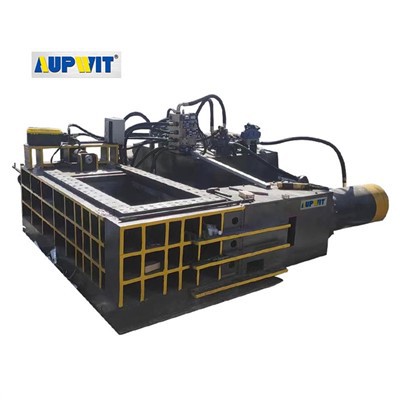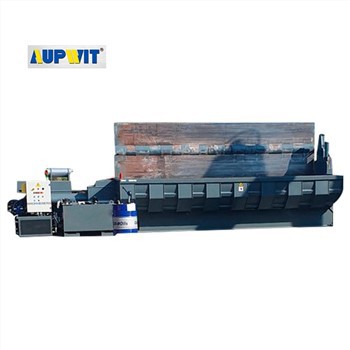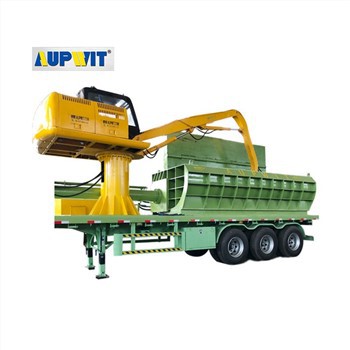Metal chips presses are highly versatile and can be used to compress chips from a wide variety of metals. Here are some of the common metals that are suitable for processing with a metal chips press:
- Ferrous Metals: This group includes steel and iron. Steel chips, which are generated in large quantities during metalworking processes such as machining and cutting, can be effectively compressed by metal chips presses. The high compressive force of the press can compact the steel chips into dense blocks, facilitating their recycling and reuse. Iron chips, whether from cast iron or wrought iron, can also be processed in the same way. Ferrous metal chips are often recycled to produce new steel and iron products, and the use of a metal chips press helps to improve the efficiency of the recycling process.
- Non - Ferrous Metals: Aluminum is one of the most commonly processed non - ferrous metals. Aluminum chips are lightweight and have a relatively low density, but they can be easily compressed into blocks using a metal chips press. This is beneficial for recycling aluminum, as the compressed blocks are more convenient for transportation and melting. Copper is another non - ferrous metal that can be processed by a metal chips press. Copper chips, which are valuable due to the high conductivity and corrosion - resistance of copper, can be compressed into a more manageable form for recycling. Other non - ferrous metals such as brass and bronze, which are alloys of copper, can also be handled by metal chips presses.
- Noble Metals: Metals like gold, silver, and platinum, although less commonly processed in large quantities compared to other metals, can also be processed by specialized metal chips presses. In some industries, such as jewelry manufacturing and electronics, small amounts of these noble metal chips are generated. Compressing these chips using a metal chips press can help in recovering and recycling the valuable metals more efficiently.
In summary, metal chips presses are suitable for a wide range of metals, including ferrous metals, non - ferrous metals, and noble metals. Their ability to handle different types of metal chips makes them an essential tool in various industries, especially in metal recycling and waste management


